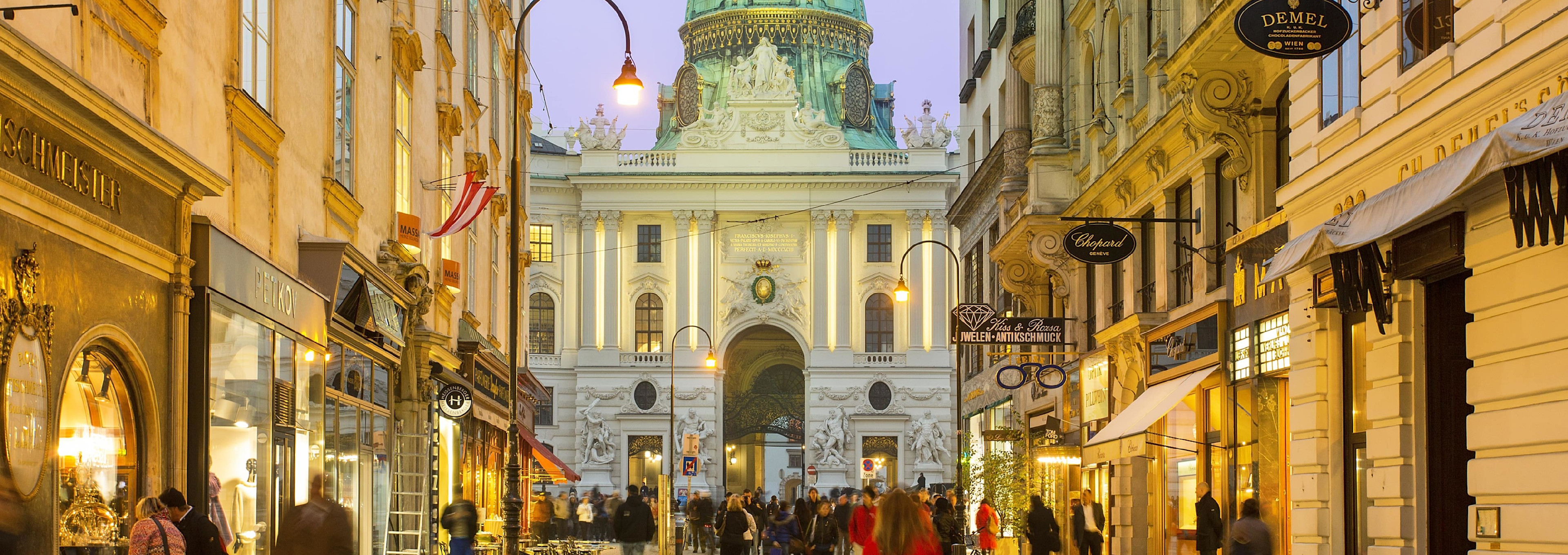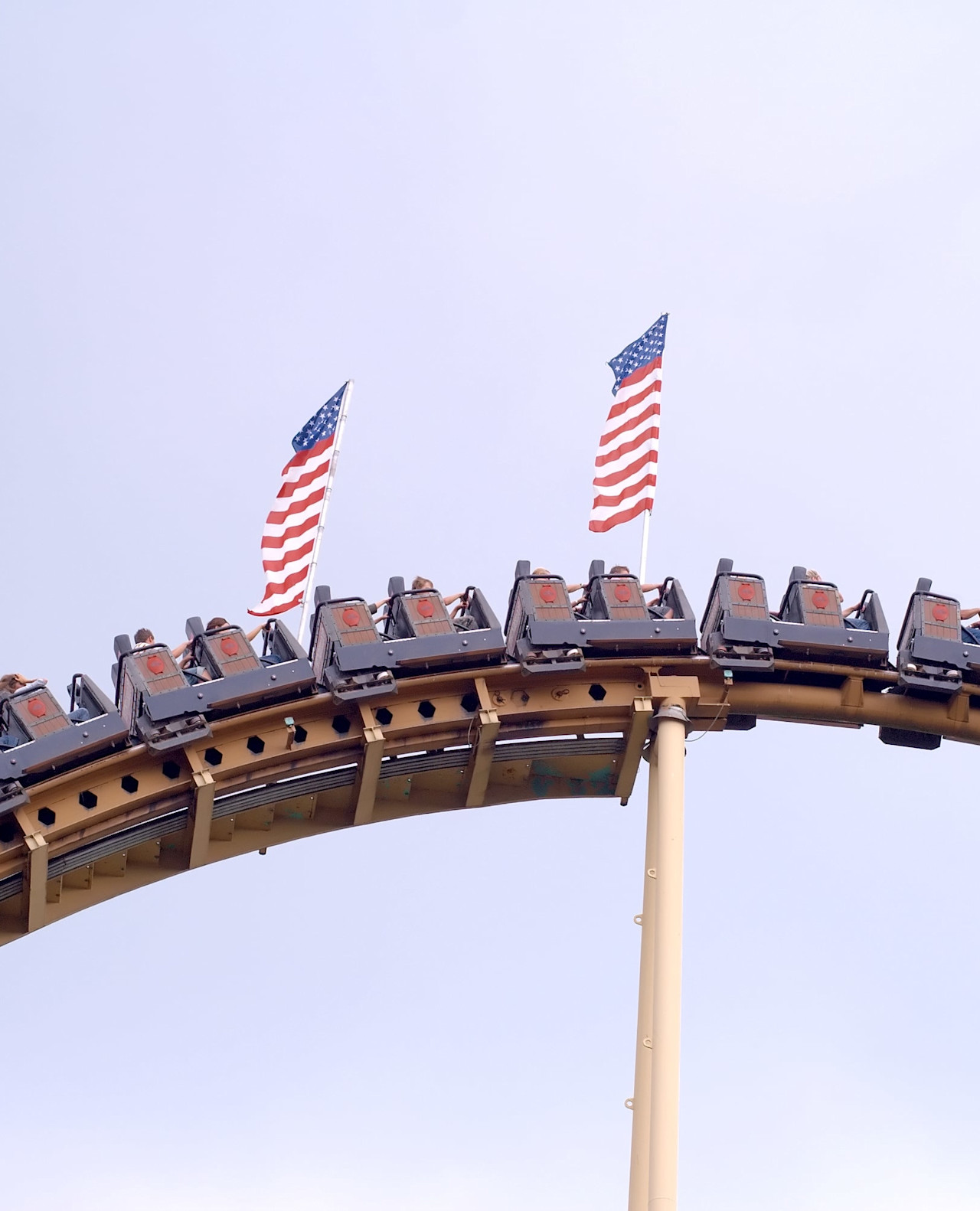

Europe: beautiful stagnation, challenging recovery?
European stocks will struggle to outperform in the near term, though they remain cheap compared to other markets, says strategist Peter van der Welle.
まとめ
- Eurozone equities defy gravity in era of ’stagnation at full employment
- Three reasons to stay cautious on European stocks vs Japan and the US
- German example shows importance of strategic industrial policy
Equities within the Eurozone have been defying gravity by rising 11.6% in the past three months in the face of a clear economic slowdown, partly due to resilient labor markets. Its unemployment rate is still at an all-time low of 6.4%, displaying what European Central Bank (ECB) council member Klaas Knot called ‘’stagnation at full employment”.
However, a near-term recovery looks challenging, and investors can currently get better returns in Japan and the US, where the outlook is more favorable for stocks, says Van der Welle, strategist with Robeco Sustainable Multi-Asset Solutions.
“Clearly, Eurozone stock markets have been appreciating this ‘beautiful stagnation’, yet Europe has still been underperforming the US and Japan over the last three months,” he says. “We have been underweight Europe in our multi-asset portfolios, preferring to take cyclical risk in Japan.”
“However, a few bright spots have recently emerged that could favor Europe again; from the valuation angle, historical discounts versus the global benchmarks have appeared. From a business cycle perspective, a nascent recovery in the global manufacturing cycle could particularly benefit Europe and unlock value.”
Part of the reason for this underperformance and the discounts with the US has been the nature of European markets, which tend to be dominated by more industrially based value stocks. Much of the wider stock market rally has been generated by technology-focused growth stocks. Van der Welle says there are subsequently three reasons to stay cautious on European equities.
“While there are signs that the current equity market is broadening as macroeconomic data keeps surprising to the upside, the value-tilted segments of the equity market are still underperforming, and the latest bull run in equities is predominantly momentum-driven,” he says.
“The nature of this equity market rally is therefore not conducive to seeing structural outperformance of Europe versus the rest of world, or specifically in the US, as European companies are more value-tilted, whereas US stocks have a higher correlation with the momentum factor.”
“With economic growth outside the US still relatively scarce, US growth-orientated companies that deliver superior cashflow generation command a higher premium in the global stock market, and enjoy stronger momentum.”

This is a momentum-driven global equity rally.
Source: LSEG Datastream, Robeco
A recovery already priced in
The second reason is that European equity markets have already priced in a full-blown recovery in manufacturing that has not yet arrived, and may not do so. “The global manufacturing cycle has been in recession since September 2022, but there are now nascent signs of an upswing,” Van der Welle says.
“Inventory-to-sales ratios in the US have normalized, and the export growth of pro-cyclical exporters like Taiwan and South Korea have accelerated recently. Producer confidence numbers in the manufacturing sector have surprised to the upside lately.”
“Yet, while these developments are promising for a continent with a strong manufacturing base like Europe, markets have already taken a leap of faith. For instance, the MSCI Europe is currently trading at levels more consistent with the IFO expectations confidence indicator of around 100, a value typically observed around business cycle peaks. The reading at the end of February was 81.6.”
Germany losing on penalties
Finally there are lingering downside risks with regard to profitability. For this, we can zero in on Europe’s largest economy and former industrial powerhouse – Germany. Chancellor Olaf Scholz was so confident that its former industrial glory can be restored that he predicted a Zeitenwende (historic turning point) just after taking office in a speech two years ago. The reality has proved to be another well-known German word, Schadenfreude (gloating at misfortune), for its rivals.
“There are several structural reasons for Germany’s lagging performance versus the US; the first has to do with industrial policy,”” says Van der Welle. “The recent decade has brought about a ‘winner takes all’ global economy, where increased monopoly power has tended to coincide with enhanced productivity and profitability.”
“While US companies have increased their clout, Germany’s monopoly power has dwindled on the back of a strict EU merger policy. The blockage of the Siemens-Alstom merger by the European Commission in 2019 illustrated the tension between a national industrial policy that tries to promote the creation of national champions with an EU Commission trying to uphold strict competition rules.”
“In contrast, the US has increasingly proactively shielded its (tech) hegemons, for instance by sanctioning Chinese tech giant Huawei in 2019, and providing corporate subsidies and tax incentives under the Inflation Reduction Act (IRA) for green investments.”
Miscalculation on energy
Then there are the repercussions of Russia’s war with Ukraine which have economically disadvantaged Germany in particular. Even pre-Covid, US industrial energy prices were already 30% lower compared to Europe, a differential that widened since the invasion in February 2022.
“Germany proved to have made a strategic miscalculation with its reliance on Russian energy,”” Van der Welle says. “The burden of this competitive disadvantage disproportionally fell onto Germany, as the industrial heartland of Europe, with energy-intensive manufacturing around 20% of its added value compared to 15% of the Eurozone.”
Europe will struggle to outperform
In all, global investors should not take European outperformance in a broadening equity rally for granted, as Japan and the US might still have more fuel left in their tanks, Van der Welle says.
“Given the strong momentum-led rally, exuberant expectations about a manufacturing upswing and headwinds for European near-term profitability, including a higher wage bill against lackluster productivity among other things, we think Europe will struggle to outperform in the first half of 2024.”
“We expect Japan to lead the recovery as it has the most favorable bottom-up story, with a renewed focus on shareholder value creation. That being said, if the Zeitenwende is for real, there is real value to be unlocked in German equities in the medium to longer term, as the current discount on a price/earnings basis at 50% is close to an all-time high versus their US counterparts.”
重要事項
当資料は情報提供を目的として、Robeco Institutional Asset Management B.V.が作成した英文資料、もしくはその英文資料をロベコ・ジャパン株式会社が翻訳したものです。資料中の個別の金融商品の売買の勧誘や推奨等を目的とするものではありません。記載された情報は十分信頼できるものであると考えておりますが、その正確性、完全性を保証するものではありません。意見や見通しはあくまで作成日における弊社の判断に基づくものであり、今後予告なしに変更されることがあります。運用状況、市場動向、意見等は、過去の一時点あるいは過去の一定期間についてのものであり、過去の実績は将来の運用成果を保証または示唆するものではありません。また、記載された投資方針・戦略等は全ての投資家の皆様に適合するとは限りません。当資料は法律、税務、会計面での助言の提供を意図するものではありません。 ご契約に際しては、必要に応じ専門家にご相談の上、最終的なご判断はお客様ご自身でなさるようお願い致します。 運用を行う資産の評価額は、組入有価証券等の価格、金融市場の相場や金利等の変動、及び組入有価証券の発行体の財務状況による信用力等の影響を受けて変動します。また、外貨建資産に投資する場合は為替変動の影響も受けます。運用によって生じた損益は、全て投資家の皆様に帰属します。したがって投資元本や一定の運用成果が保証されているものではなく、投資元本を上回る損失を被ることがあります。弊社が行う金融商品取引業に係る手数料または報酬は、締結される契約の種類や契約資産額により異なるため、当資料において記載せず別途ご提示させて頂く場合があります。具体的な手数料または報酬の金額・計算方法につきましては弊社担当者へお問合せください。 当資料及び記載されている情報、商品に関する権利は弊社に帰属します。したがって、弊社の書面による同意なくしてその全部もしくは一部を複製またはその他の方法で配布することはご遠慮ください。 商号等: ロベコ・ジャパン株式会社 金融商品取引業者 関東財務局長(金商)第2780号 加入協会: 一般社団法人 日本投資顧問業協会























